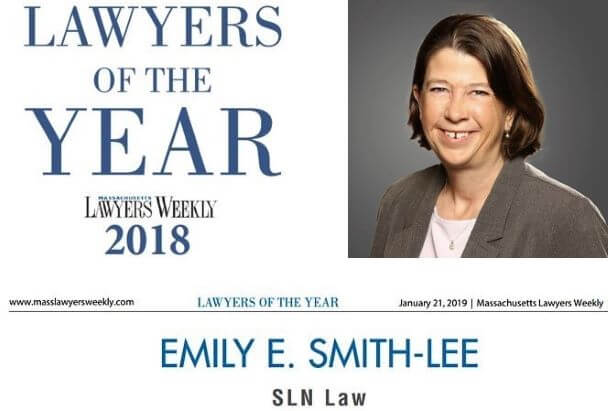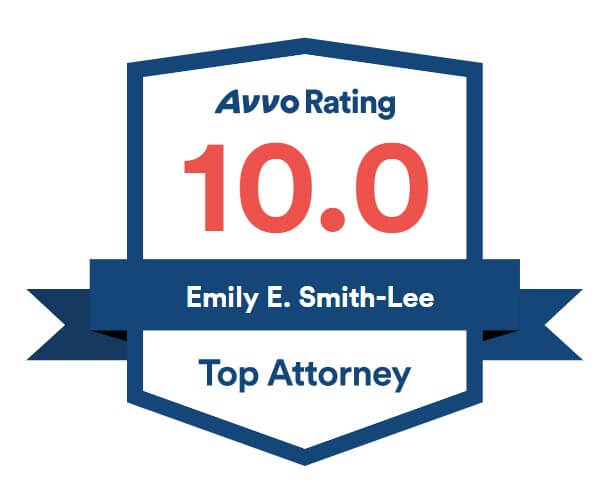Navigating the Civil Litigation Process in Massachusetts: Your Comprehensive Guide
Your Roadmap to Understanding Massachusetts Civil LitigationAre you contemplating legal action or find yourself facing a lawsuit in Massachusetts? If so, you're likely treading unfamiliar ground, filled with complexities and uncertainties. Our aim is to provide clarity and guidance throughout this process. In this article and its associated pages, we'll simplify and demystify the Massachusetts civil litigation process, empowering you to make well-informed decisions every step of the way.
Initiating a Lawsuit: Filing a ComplaintThe journey begins with the filing of a complaint in court. The responsibility falls on the plaintiff to ensure the proper service of the summons and complaint to the defendant. These documents kickstart the defendant's obligation to respond, typically within 20 days from service.The purpose of the complaint is twofold: (i) to present the facts supporting the plaintiff's legal claim and (ii) to outline the legal claims being pursued. While the complaint should contain all essential facts, it doesn't need to include every detail relevant to the dispute.
Responding as a Defendant: the Answer or Motion to DismissWithin 20 days of receiving the summons and complaint, the defendant must provide a response. Although this deadline can often be extended through agreement between attorneys, it's crucial to act promptly when served. Missing this response deadline could lead to a default judgment in favor of the plaintiff, potentially resulting in court-ordered damages against you.
Usually, the response takes the form of an Answer. The answer's requirements are straightforward: the defendant must admit or deny the factual claims made in the complaint and present any available legal defenses, known as affirmative defenses. Examples of affirmative defenses include the statute of limitations, legal flaws in the plaintiff's claim, or the plaintiff's failure to assert crucial facts. This document is also where the Defendant could raise any claims they have against the Plaintiff, called "counterclaims." In some instances, the defendant might opt to file a Motion to Dismiss. However, it's essential to remember that, on a motion to dismiss, the court assumes all of the plaintiff's presented facts are true. Therefore, this approach is suitable primarily for legal issues, such as statute of limitations or inherent flaws in the claim, which the court can decide without needing to ascertain the truth of the claimed facts. The Discovery Phase: Exploring the FactsFollowing the filing of the complaint and response, both parties can initiate the discovery process. Discovery is a fundamental part of litigation, permitting parties to ask questions, request documents, and conduct depositions related to any pertinent facts in the dispute.
Regardless of which side you're on, expect to gather and furnish relevant documents, assist your attorney in responding to written questions (interrogatories), and provide deposition testimony. Further details on each of these aspects can be found in our dedicated page on the discovery process. Pursuing Summary Judgment: Challenging the EvidenceUpon the completion of discovery, it's common for a defendant to file a Motion for Summary Judgment. Unlike a Motion to Dismiss, at this stage, the defendant can challenge the plaintiff's evidence. However, the court cannot issue judgment if material facts are in dispute. To succeed on summary judgment, the defendant must demonstrate either the absence of evidence on essential elements of the plaintiff's claims or that, based on undisputed facts, one or more legal claims are untenable.
|
We're Here to Help.OR
|
Questions About a Civil Lawsuit?
Our Solutions Roadmap is a quick and easy way to share the details of what you are facing and receive preliminary feedback from a member of our team. Use the button below to get started- it is 100% confidential and 100% free.
The Trial Stage: Presenting Your Case
Assuming the court doesn't grant a Motion for Summary Judgment or if one isn't filed, the next step is the trial. The specifics will vary depending on the court, case nature, and whether the parties opt for a bench trial (before a judge) or a jury trial.
In general, the trial entails both parties presenting evidence for their claims and defenses through witnesses and documents. The plaintiff goes first, with each witness subject to examination by the plaintiff's attorney and cross-examination by the defendant's attorney. Documents supporting the claim may be entered into evidence, often through a witness who can authenticate them.
Following the plaintiff's case, the defendant may request a directed verdict, employing a similar analysis as a summary judgment motion but based on trial evidence. This underscores the importance of ensuring all necessary evidence for the legal theory is presented before the end of the plaintiff's case.
After the plaintiff concludes, the defendant has the opportunity to present its evidence similarly.
Once all evidence is presented, both sides deliver closing arguments. In a jury trial, the judge instructs the jury on the law, leading to deliberation. In a bench trial, the judge may request additional briefings or take the matter under advisement, issuing a written decision after the trial concludes.
In general, the trial entails both parties presenting evidence for their claims and defenses through witnesses and documents. The plaintiff goes first, with each witness subject to examination by the plaintiff's attorney and cross-examination by the defendant's attorney. Documents supporting the claim may be entered into evidence, often through a witness who can authenticate them.
Following the plaintiff's case, the defendant may request a directed verdict, employing a similar analysis as a summary judgment motion but based on trial evidence. This underscores the importance of ensuring all necessary evidence for the legal theory is presented before the end of the plaintiff's case.
After the plaintiff concludes, the defendant has the opportunity to present its evidence similarly.
Once all evidence is presented, both sides deliver closing arguments. In a jury trial, the judge instructs the jury on the law, leading to deliberation. In a bench trial, the judge may request additional briefings or take the matter under advisement, issuing a written decision after the trial concludes.
Settlement Options: A High Likelihood
It's worth noting that approximately 97% of civil cases settle before reaching trial. Factors contributing to settlements include rising litigation costs and the inherent uncertainty of entrusting a final decision to a judge or jury, whose knowledge is based solely on what the parties present in a trial. You can read more about some considerations affecting a settlement decision here.
By following this comprehensive guide, you can navigate the Civil Litigation Process in Massachusetts with greater confidence and understanding. We're here to support you every step of the way.
By following this comprehensive guide, you can navigate the Civil Litigation Process in Massachusetts with greater confidence and understanding. We're here to support you every step of the way.
Meet Our Trial Attorneys

Emily Smith-Lee is the owner and founder of slnlaw. She is a 1996 graduate of Boston College Law School. She was previously a partner at the Boston office of a large international firm, where she worked for thirteen years, with a focus on complex business litigation. In 2009, she started the firm that became slnlaw. She has been recognized as Massachusetts Superlawyer each year since 2013, and in 2018 earned recognition as one of Massachusetts Lawyers Weekly's Lawyers of the Year for a precedent-setting victory at the Massachusetts Supreme Judicial Court. She has written a book on employment law: Rules of the Road, What You Need to Know About Employment Laws in Massachusetts, and helped thousands of clients with business and employment disputes. Emily has handled cases at every level of the state system, in the federal trial court, and before the First Circuit Court of Appeals.

Elijah Bresley: Eli is a 2014 graduate of Seton Hall Law school, and has worked with slnlaw since 2020. He previously worked for a boutique employment law firm outside of Boston, and then for the Labor and Employment department of a large Boston firm. He also spent a year clerking for the judges of the Superior Court in Hartford, Connecticut. Eli has successfully defended numerous employers in the MCAD, and litigated other business and employment disputes throughout the state court system and in the federal trial court.

Sharleen Tinnin: Sharleen is a 2010 graduate of Northeastern University School of Law, and has been with slnlaw since 2023. Prior to joining slnlaw, she worked with King, Tilden, McEttrick & Brink, P.C. on complex civil litigation matters. She previously worked for the United States Department of Justice, and received an "Excellence in Justice" award in 2017. Sharleen has litigated both plaintiff and defendant cases in the state court system, MCAD, and the federal trial court.
How We Can Help
As experienced lawyers, we provide you with comprehensive support throughout the Massachusetts civil litigation process. Our in-depth knowledge and strategic guidance empower you to navigate legal challenges effectively, ensuring your rights are protected and your case is handled with expertise. You can use the button below to schedule a call back from a member of our team, or give us a call at 781-784-2322.
|
Emily Smith-Lee Rated by Super Lawyers loading ... |
Jenna Ordway
Rated by Super Lawyers loading ... |


